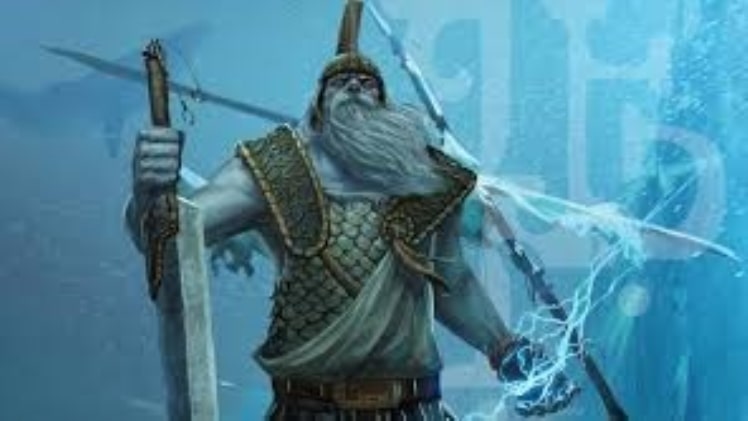In D&D 5e, you can choose between three different standard languages. These are common language groups that are common amongst various human races and are easy to learn. The other two languages are unique to humanity and are more exotic. These are the two main groups to choose from. Once you’ve chosen a language, you can choose a culture or race to use it. However, if you’d like to use both, you’ll need to know about their history.
While most of these languages are standard for all races and human groups, others are more uncommon. Most human language groups use one or two standard languages, and these are the ones you’ll want to use in your campaign. For instance, in Storm King’s Thunder, the Giant language is used frequently, and you’ll have lots of opportunities to use it. In Descent into Avernus, you’ll have many opportunities to use an infernal language, as well as other common European and African languages.
The D&D 5e Standard Languages
The languages in D&D 5e are usually considered “standard” and will likely be found in a homebrew campaign setting. Some of these languages are specific to certain franchises and realms and will not be found in the vast majority of campaign settings. For example, you may be able to find a few exotic languages in a homebrew campaign setting, but it’s not likely that you’ll find any of them.
As with any role-playing game, language is an important factor for character creation for businesscave.us. A DND character can learn several different languages. Learning a language early on can be very useful, as it can help you to solve puzzles and read arcane scrolls. It also makes it easier to listen to conversations and avoid miscommunication. It can also add a flavor to your role-playing. While there aren’t any rules that prohibit you from learning a language, you can always start your character with a few basic phrases and then work on their pronunciation and usage.
Common and effective languages
Standard languages are commonly used by a character in DND. These are usually common, frequent languages that the player is likely to encounter. They are often easy to learn and understand. They are also a great way to add flavor to a role-playing game. While they’re not essential for the game, they are important for character development. If your character speaks a language that isn’t common in the world, it can help you in many ways.
Standard languages are very important to role-playing. While some people may not be familiar with D&D, it’s a good idea to learn the most common ones. These languages will help your character interact with other characters and be more effective. They can also help your character in a number of other ways. Having a few languages will make your role-playing more interesting. These are just a few of the D&D 5e standard language choices.
Three common languages known
A few of the more common languages are Elvish, Giant, and Halfling. Generally speaking, these are the only languages used by humans in D&D 5e. Aside from these, there are also several other languages that can be used in D&D games. The more popular ones are listed below. If you’re playing a D&D game, you can also use your own custom language.
Other DND standard languages include: Elvish, Giant, and Goblin. Using one of these languages will help your character understand other people and make the game more interesting. Depending on the language you choose, you may need to choose different ones for different environments. For example, the Storm King’s Thunder focuses on Giant affairs. As the name suggests, this is an area of giants. While the Descent into Avernus takes place in a fiery hellscape, it features a large number of infernal speakers.
Conclusion:-
Other DND standard languages include Giant, and Goblin. There are also several other languages in D&D. Most common languages are spoken by humans, while other languages are spoken by other creatures and settlements. The other language used by halflings is the common alphabet. The other language used by the dwarves is the dwarvens’ and halflings are based on the common alphabet.
